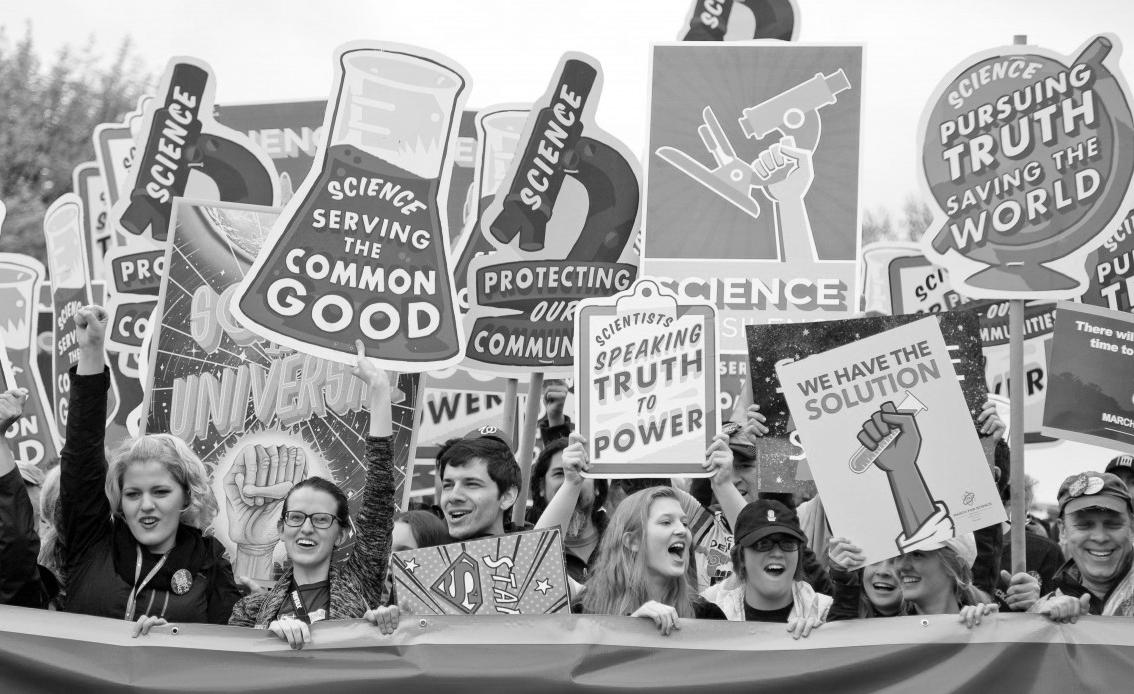Featured
How Police Officers Are Shielded from Accountability Mia Vuckovich / Political Science 2022
I
n the wake of George Floyd’s murder in Minneapolis, widespread news coverage and nationwide protests forced the city to act.[1] The four police officers involved were fired and charged, and the city council promised to dismantle the police department.[2][3][4] In June, 71 percent of White Americans said that racism and discrimination were a “big problem.”[5] But any hopes of meaningful change have since faltered. The council’s pledge to “end policing as we know it” fell apart.[6] In August, Jacob Blake was shot by police in Wisconsin, and a vigilante killed two protesters in the aftermath.[7] In September, a grand jury failed to indict Breonna Taylor’s killers for murder or manslaughter.[8] This lack of accountability for violent officers is not the result of individual bad actors. Police brutality persists because protections for law enforcement are embedded in legislation, institutions, and the legal system.
These origins show that police have long protected property over human lives. Although Southern slave patrols were abolished along with slavery, they were replaced by police forces designed to control the newly freed Black population.[12] They enforced poll taxes and other voter suppression methods. Racist policing and excessive force emerged nationwide to perpetuate White control of political and social systems.[13] American crimefighting is rooted in societal control, and race determines what counts as crime and gets targeted for oversight. As sociologist Alex Vitale writes, “American crime control policy is structured around the use of punishment to manage the ‘dangerous classes,’ masquerading as a system of justice.”[14] White supremacy is embedded in our law enforcement. Black men are three times more likely than their White counterparts to be killed by police, and Black teens are twenty-one times more likely.[15][16] Our country lacks effective mechanisms to check and balance a profession created to enforce White supremacy. However, the attack on Black lives is not simply about failed policing. The idea that police exist to protect us is a myth. The Supreme Court has twice held that the Fourteenth Amendment does not obligate police to protect people from harm.[17][18] Rather, police serve the state to “fabricate social order,” which has always meant
This lack of accountability for violent officers is not the result of individual bad actors. Police brutality persists because protections for law enforcement are embedded in legislation, institutions, and the legal system.
THE MYTH OF PROTECTION Modern policing evolved from systems that promoted the control of Black people and the working class.[9][10] In the South, slave patrols formed to capture slaves attempting to escape. The North wasn’t much better; the first police precincts were established in emerging industrial cities to quell “riots” by exploited factory workers.[11]
nupoliticalreview.com
maintaining White supremacy. Given this, it’s no surprise that officers nationwide enjoy codified protections.[19]
LAW ENFORCEMENT OFFICERS’ BILLS OF RIGHTS Many state laws prevent officers from being held responsible for misconduct, including improper use of force. While several of these laws aim to protect officers’ constitutional rights, these affordances are not extended to ordinary citizens. As of 2015, sixteen states have Law Enforcement Officers’ Bills of Rights.[20] While they vary by state, common provisions include:
• Departments must notify an officer and their union before pursuing a complaint. • Officers get between one and ten days to “cool off” before they have to respond to department questions. • Officers must be informed of the complainants and any testimony against them before they are questioned. In some states, officers, unlike complainants, can review footage of an incident.[21] • During questioning, investigators cannot harass, threaten, or promise rewards to the officer. Most civilian suspects do not get this privilege.[22] • Departments must continue to pay salaries, benefits, and attorney’s fees to suspended officers. Rights for law enforcement are not inherently wrong, but these provisions are. They enable police officers to act above the law. This power imbalance is especially dangerous when civilians accuse officers of misconduct, as victims face concrete disadvantages.
POLICE UNIONS AND CULTURE These provisions and the unions that lobby for them reflect a dangerous policing philosophy. In theory, police unions seem like a good thing; officers should be entitled to organize
Fall 2020
23











